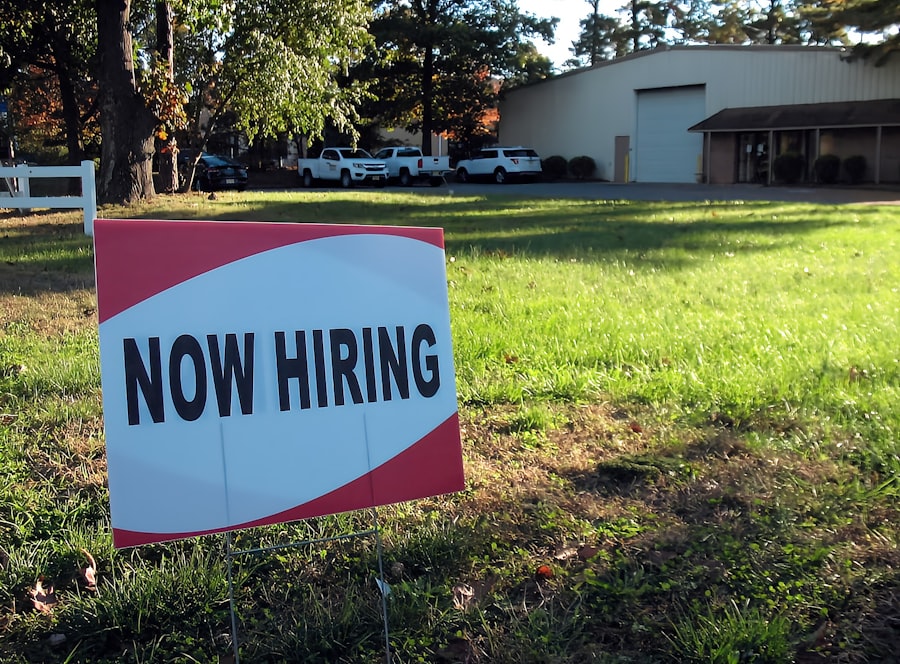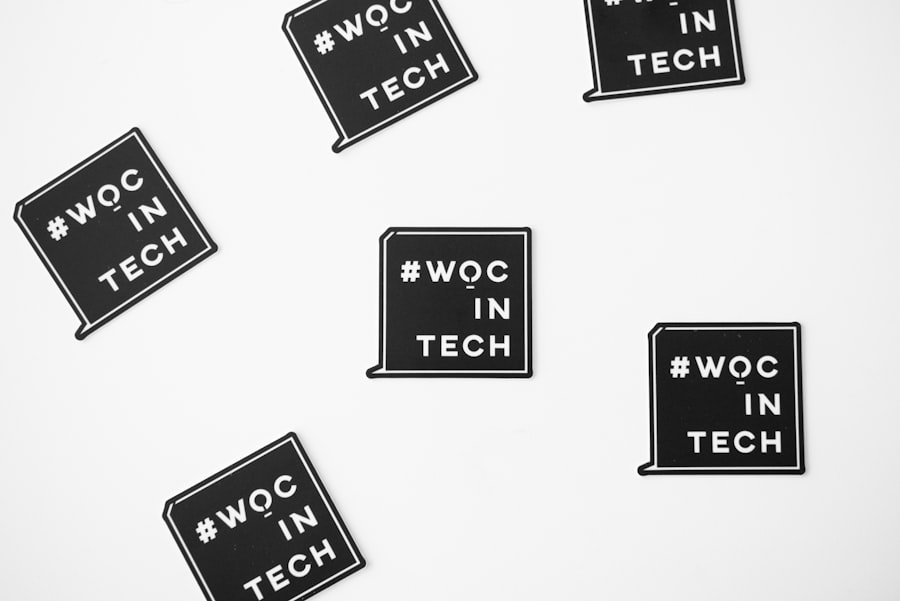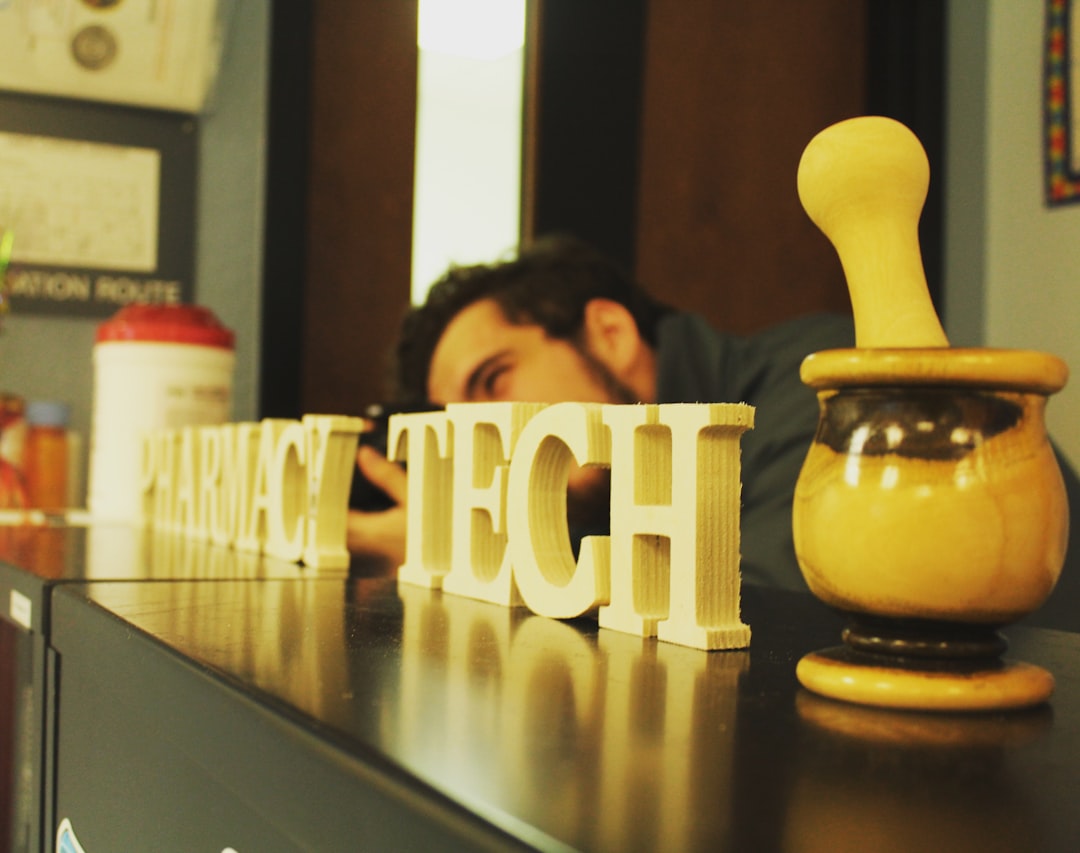Artificial Intelligence (AI) has emerged as a transformative force in the technology sector, reshaping the landscape of jobs and redefining the skills required for success. As you navigate this rapidly evolving environment, it’s essential to understand how AI is not just a tool but a catalyst for change. The integration of AI into various tech roles has sparked discussions about job displacement, the need for new skills, and the potential for innovation.
You may find yourself wondering how these changes will affect your career trajectory and the industry as a whole. The impact of AI on tech jobs is multifaceted. On one hand, it promises increased efficiency and productivity, allowing you to focus on more complex and creative tasks.
On the other hand, it raises concerns about job security and the future of work. As AI systems become more capable of performing tasks traditionally handled by humans, you may feel a sense of urgency to adapt and evolve alongside these advancements. Understanding the implications of AI in your field is crucial for staying relevant and competitive in the job market.
Key Takeaways
- AI is revolutionizing the tech industry, impacting job roles and creating new opportunities.
- Current trends in AI automation are leading to job displacement in certain tech sectors.
- Specific tech jobs are at risk of being replaced by AI, requiring workers to adapt and upskill.
- AI plays a crucial role in streamlining and enhancing tech work, increasing efficiency and productivity.
- Ethical and social implications of AI job displacement must be considered, with a focus on reskilling and upskilling in the tech industry.
Current Trends in AI Automation and Job Displacement
As you delve deeper into the current trends surrounding AI automation, it becomes clear that many industries are experiencing significant shifts. Automation technologies are increasingly being adopted to streamline processes, reduce costs, and enhance productivity. In the tech sector, this trend is particularly pronounced, with AI algorithms taking over repetitive tasks such as data entry, coding, and even customer service interactions.
You might notice that companies are investing heavily in AI solutions to remain competitive, which can lead to a reduction in traditional job roles. Job displacement is a pressing concern as AI continues to advance. While some positions may become obsolete, it’s important to recognize that not all tech jobs are equally vulnerable.
Roles that involve routine tasks are more likely to be automated, while those requiring creativity, critical thinking, and emotional intelligence are less susceptible. As you assess your own career path, consider how your skills align with the evolving demands of the industry. Embracing change and being proactive about your professional development can help mitigate the risks associated with job displacement.
The Potential for AI to Replace Specific Tech Jobs

In examining the potential for AI to replace specific tech jobs, you may find that certain roles are more at risk than others. For instance, positions such as data analysts or software testers often involve repetitive tasks that can be efficiently handled by AI systems. As these technologies become more sophisticated, you might see a decline in demand for these roles, prompting you to consider how you can pivot your career toward areas that require a human touch.
However, it’s essential to recognize that while AI may replace certain jobs, it also creates opportunities for new roles that focus on managing and interpreting AI outputs. For example, as AI systems generate vast amounts of data, there will be an increasing need for professionals who can analyze this information and derive actionable insights. By staying informed about industry trends and identifying areas where human expertise is still invaluable, you can position yourself for success in an AI-driven landscape.
The Role of AI in Streamlining and Enhancing Tech Work
| Metrics | Data |
|---|---|
| Efficiency Improvement | 20% |
| Cost Reduction | 30% |
| Accuracy Enhancement | 25% |
| Time Savings | 40% |
AI’s role in streamlining and enhancing tech work cannot be overstated. As you integrate AI tools into your daily tasks, you may find that they significantly improve efficiency and accuracy. For instance, machine learning algorithms can analyze code for bugs or suggest optimizations, allowing you to focus on higher-level design and problem-solving.
This shift not only enhances your productivity but also fosters a more innovative work environment where creativity can flourish. Moreover, AI can assist in project management by predicting timelines and resource needs based on historical data. This capability allows you to make informed decisions and allocate resources more effectively.
As you embrace these advancements, consider how they can complement your skills rather than replace them. By leveraging AI as a partner in your work, you can enhance your contributions and drive greater value for your organization.
The Ethical and Social Implications of AI Job Displacement
The ethical and social implications of AI job displacement are profound and warrant careful consideration. As you reflect on these issues, it’s crucial to acknowledge the potential consequences for workers who may find themselves displaced by automation. The transition to an AI-driven workforce could exacerbate existing inequalities, particularly for those in lower-skilled positions who may struggle to find new employment opportunities.
You might feel a sense of responsibility to advocate for policies that support affected workers and promote equitable access to reskilling programs. Additionally, the societal impact of widespread job displacement raises questions about the future of work itself. As you contemplate these changes, consider how they might influence your community and the economy at large.
The shift toward automation could lead to a redefinition of work-life balance and job satisfaction as traditional employment models evolve. Engaging in conversations about these ethical dilemmas can help shape a more inclusive future where technology serves humanity rather than displaces it.
The Need for Reskilling and Upskilling in the Tech Industry

In light of the rapid advancements in AI technology, the need for reskilling and upskilling within the tech industry has never been more critical. As you navigate this changing landscape, it’s essential to invest in your professional development actively. This may involve pursuing additional training or certifications in emerging technologies such as machine learning, data science, or cybersecurity.
By enhancing your skill set, you can remain competitive and adaptable in an ever-evolving job market. Moreover, organizations must also prioritize reskilling initiatives for their employees. As companies adopt AI solutions, they have a responsibility to provide training programs that equip their workforce with the necessary skills to thrive alongside these technologies.
You may find that participating in such initiatives not only benefits your career but also fosters a culture of continuous learning within your organization. Embracing a growth mindset will empower you to navigate the challenges posed by AI while seizing new opportunities for advancement.
How AI is Creating New Job Opportunities in Tech
While concerns about job displacement are valid, it’s important to recognize that AI is also creating new job opportunities within the tech sector. As businesses increasingly rely on AI technologies, there is a growing demand for professionals who can develop, implement, and maintain these systems. Roles such as AI ethicists, machine learning engineers, and data scientists are becoming increasingly prevalent as organizations seek to harness the power of AI responsibly.
As you explore these emerging opportunities, consider how your existing skills can be leveraged in new ways. For instance, if you have a background in software development, transitioning into machine learning engineering may be a natural progression. By staying informed about industry trends and actively seeking out new challenges, you can position yourself at the forefront of innovation while contributing to the responsible development of AI technologies.
The Importance of Human Oversight in AI-Driven Tech Work
Despite the advancements in AI technology, human oversight remains crucial in ensuring ethical and effective outcomes in tech work. As you engage with AI systems, it’s essential to recognize their limitations and the importance of human judgment in decision-making processes. While AI can analyze vast amounts of data quickly, it lacks the contextual understanding and emotional intelligence that humans bring to the table.
Incorporating human oversight into AI-driven workflows not only enhances accountability but also mitigates potential biases inherent in algorithmic decision-making. As you navigate this landscape, consider how you can advocate for practices that prioritize ethical considerations and human involvement in AI applications. By fostering collaboration between humans and machines, you can help create a more balanced approach that leverages the strengths of both while minimizing risks.
Strategies for Adapting to the Changing Landscape of Tech Jobs
Adapting to the changing landscape of tech jobs requires a proactive approach and a willingness to embrace change. One effective strategy is to cultivate a mindset of lifelong learning. By staying curious and open to new ideas, you can continuously expand your skill set and remain relevant in an evolving industry.
Consider setting aside time each week for professional development activities such as online courses or attending industry conferences. Networking is another vital strategy for adapting to change. Engaging with peers and industry leaders can provide valuable insights into emerging trends and opportunities within the tech sector.
You might also consider joining professional organizations or online communities where you can share knowledge and collaborate with others facing similar challenges.
The Role of Government and Industry in Addressing AI Job Displacement
The role of government and industry in addressing AI job displacement is critical for ensuring a smooth transition into an automated future. Policymakers must prioritize initiatives that support workforce development and create safety nets for those affected by automation. This may involve investing in education programs that focus on reskilling workers or implementing policies that encourage companies to adopt responsible automation practices.
Industry leaders also have a responsibility to take proactive measures in addressing job displacement concerns. By collaborating with educational institutions and workforce development organizations, companies can help create training programs that align with industry needs while providing opportunities for workers to transition into new roles. As you engage with these discussions, consider how you can contribute to shaping policies that promote equitable access to education and training resources within your community.
The Future of AI and Tech Jobs
As you reflect on the future of AI and tech jobs, it’s clear that this landscape will continue to evolve at an unprecedented pace. While challenges such as job displacement are significant concerns, they also present opportunities for growth and innovation within the industry. By embracing change and actively seeking out new skills, you can position yourself for success in an increasingly automated world.
Ultimately, the future of work will depend on our collective ability to adapt to these changes while prioritizing ethical considerations and human involvement in technology development. By fostering collaboration between humans and machines, advocating for responsible practices, and investing in education and training initiatives, we can create a future where technology enhances our lives rather than diminishes our opportunities. Your proactive engagement in this dialogue will play a vital role in shaping a more inclusive and equitable future for all workers in the tech sector.
In the rapidly evolving landscape of technology, a pressing question on many minds is whether AI will take over tech jobs. This topic is explored in depth in a related article on the potential impact of AI on employment within the tech industry. The article discusses various perspectives on how AI might reshape job roles, create new opportunities, and potentially displace certain positions.
